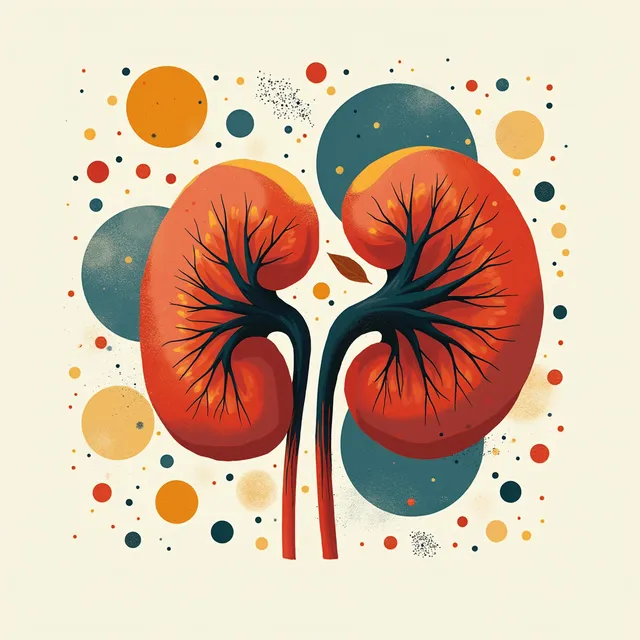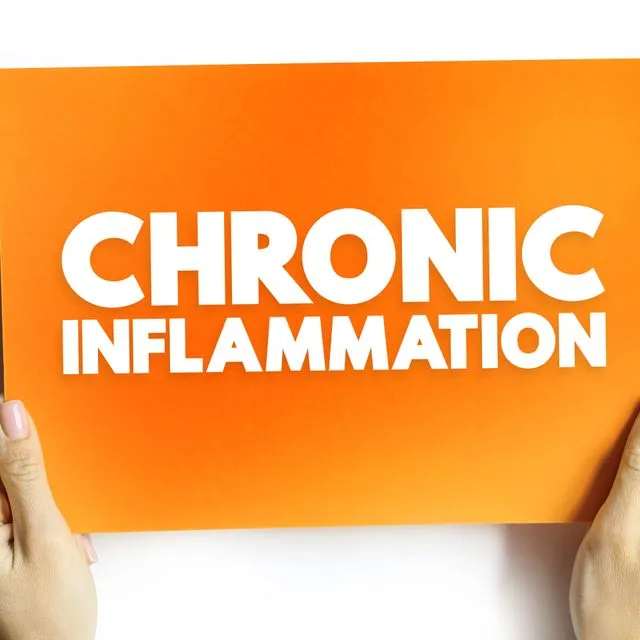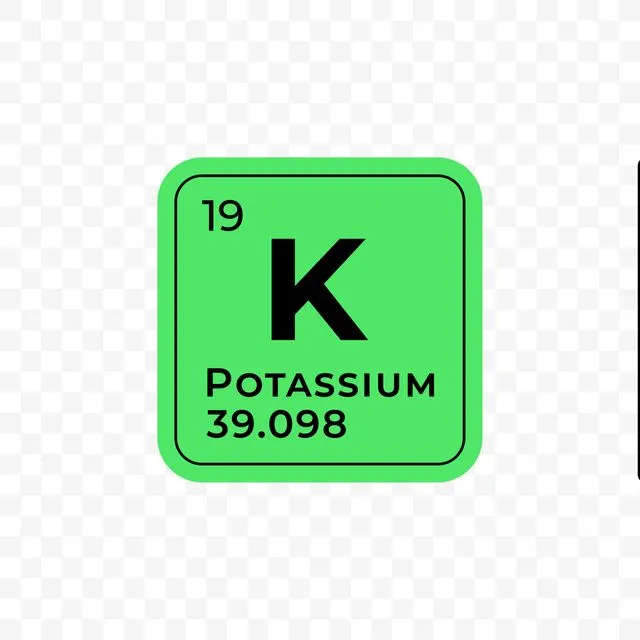Enfermedades Crónicas
Idiomas disponibles:
Temas más específicos
Diabetes
La diabetes es una enfermedad en la que el cuerpo no es capaz de utilizar los alimentos adecuadamente. Normalmente, la mayor parte de los alimentos que uno consume se transforma en glucosa (azúcar), que es la principal fuente de energía del cuerpo. Para que el cuerpo use esta energía, la glucosa debe ingresar a las células. La insulina, una hormona producida en el páncreas, es "clave" para ayudar a que la glucosa entre en las células. Si una persona tiene diabetes, su cuerpo no produce insulina o no funciona bien, esto hace que la glucosa se acumule en la sangre, lo que puede provocar problemas de salud graves. Tener niveles altos de glucosa en la sangre a lo largo del tiempo causa la mayoría de las complicaciones de salud de la diabetes. --FCS8706, Living with Diabetes
Publicaciones
Showing 8 of 8 Publications







